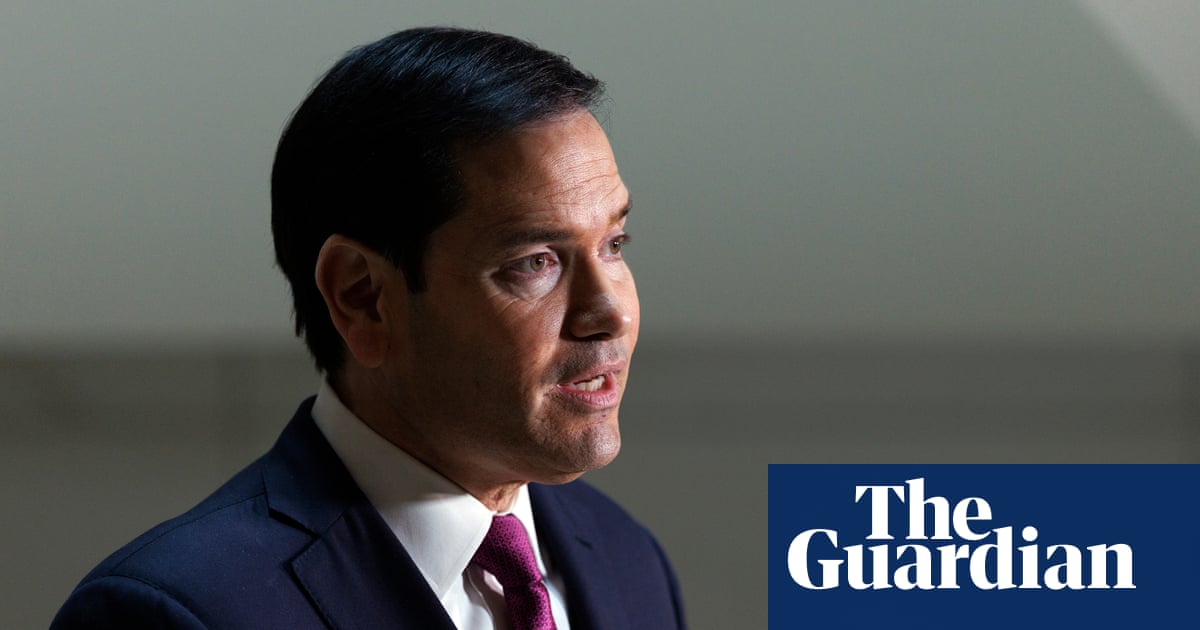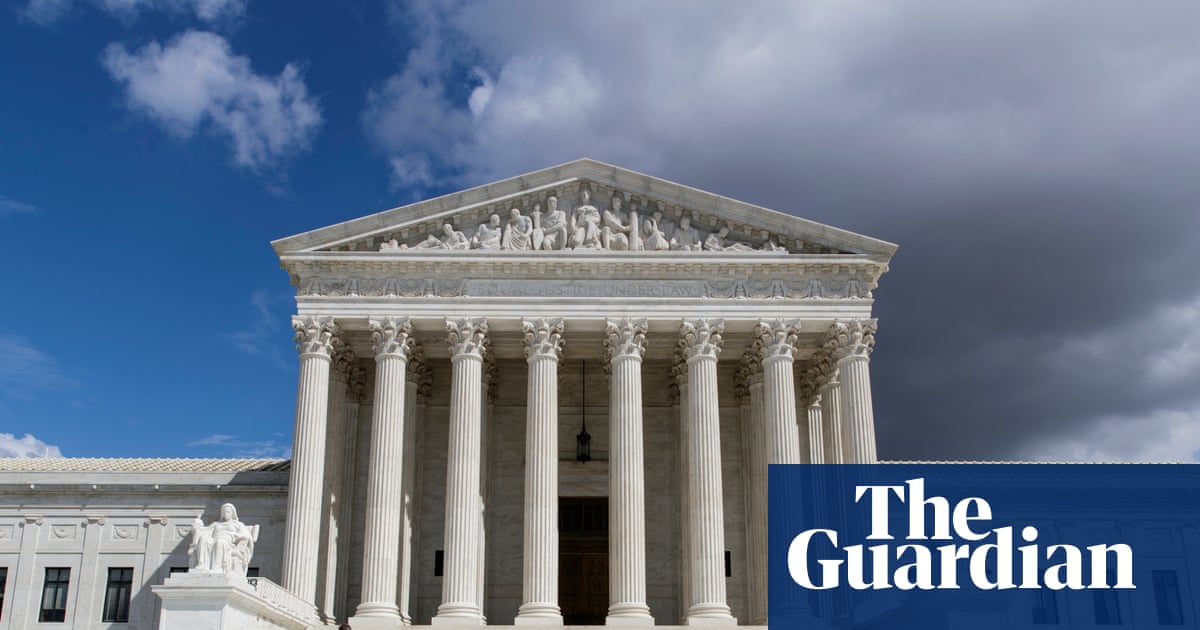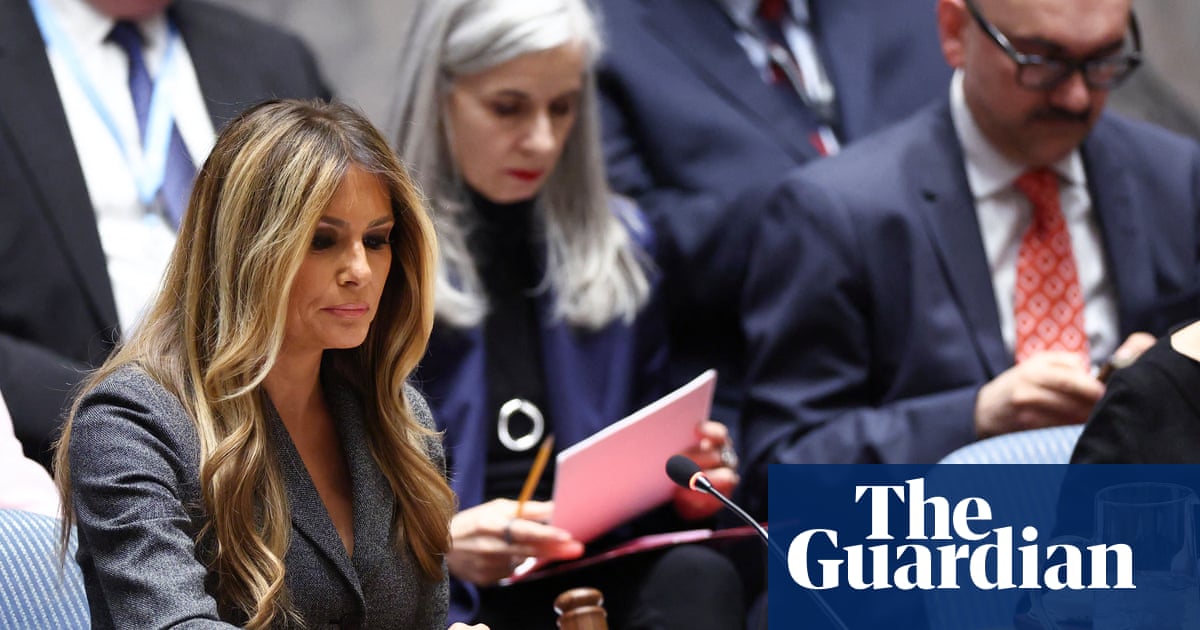UK academics whose research is critical of China say they have been targeted and their universities subjected to “extremely heavy” pressure from Beijing, prompting calls for a fresh look at the sector’s dependence on tuition fee income from Chinese students.
The academics spoke out after the Guardian revealed this week that Sheffield Hallam University had complied with a demand from Beijing to halt research about human rights abuses in China, which had led to a big project being dropped.
One UK-based China scholar has since described being a victim of death threats and a smear campaign, while another was sanctioned for her work on human rights abuses against Uyghur Muslims and can no longer travel to China to conduct her research.
Others described “soft” or “indirect” pressure being brought to bear, leading academics to self-censor and risk-averse universities to avoid research that could bring them into conflict with China, which controls the flow of students to financially vulnerable UK universities.
In February, Sheffield Hallam, home to the Helena Kennedy Centre for International Justice (HKC), a research institution focused on human rights, ordered one of its leading professors, Laura Murphy, to cease research on supply chains and forced labour in China.

Emails seen by the Guardian suggest commercial factors were a consideration in placing limits on Murphy’s work. In October, after threats of legal action, the university lifted the ban and apologised, but the eight-month suspension has raised fresh concerns about the chilling effect that pressure from Chinese authorities can have on UK universities.
Murphy told the Guardian: “I think that there are a lot of people who experience some version of this, typically more subtle, usually not so black and white. But it’s too risky to speak out against their university. They’re worried they might suffer consequences.”
Andreas Fulda, a political scientist and China scholar based at the University of Nottingham, is among those to have been targeted as a result of his critical scholarship and media commentary. At one point, “spoof” emails bearing his name were sent to his colleagues announcing his resignation and inviting them to his farewell drinks.
He does not know who sent the emails. There have also been death threats to him and his family. “What I’ve come to learn is that once you reach a certain perception threshold in the eyes of the Chinese security agencies, you are punished to dissuade you from airing your views,” he said.
Fulda said he hoped the Sheffield Hallam case would be a turning point, highlighting the risks of the current UK higher education funding model, in which universities are heavily reliant on the high tuition fees paid by international students, of which the largest group is from China.
Recent government promises to increase domestic tuition fees in line with inflation were welcomed by the sector, although plans for a 6% international student levy to fund the reintroduction of maintenance grants risks wiping out much of the benefit.
Fulda said: “What can be seen quite clearly is that the Chinese party state has considerable leverage and British universities have considerable vulnerabilities. I am afraid that we will experience many more Sheffield Hallam incidents in the future if universities do not stop cosying up to China.”
Jo Smith Finley, a reader in Chinese studies at Newcastle University, was sanctioned by China in 2021 for her work on human rights abuses against the Uyghurs. She said: “Ever since then, Newcastle University has been walking a very difficult tightrope in its treatment of me, because I’ve become a liability in a context where universities are all dependent on Chinese student tuition fees.
“It’s extremely heavy, the pressure that the Chinese authorities bring to bear, both on university representatives working in the PRC [People’s Republic of China] on recruitment and also on university managers in the UK.”
Other academics in the field were reluctant to comment publicly. Against a backdrop of mass redundancies across the sector, one academic said: “I’m scared I will lose my job if I talk about my experiences of working on China in British universities.”
Universities UK, which represents the sector, said: “UK universities are committed to upholding free speech and academic freedom. They work hard to protect these fundamental freedoms and meet significant legal duties in this area set out by the Office for Students. This commitment extends to international research and partnerships with institutions around the world.
“UK universities take any threats to the freedom of their staff or students extremely seriously and we work closely with the government to prevent this. Anyone working or studying at our universities should know that their rights to personal and academic freedom are protected when they are on British soil.”

 3 months ago
68
3 months ago
68

















































